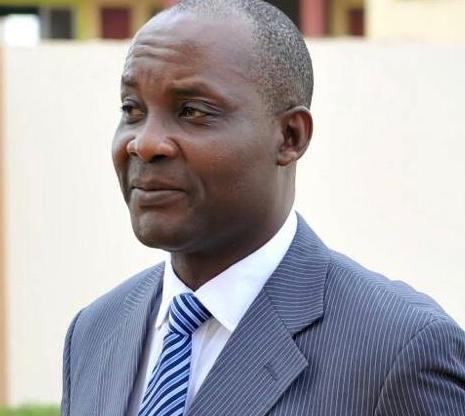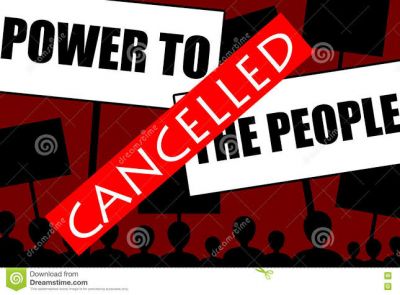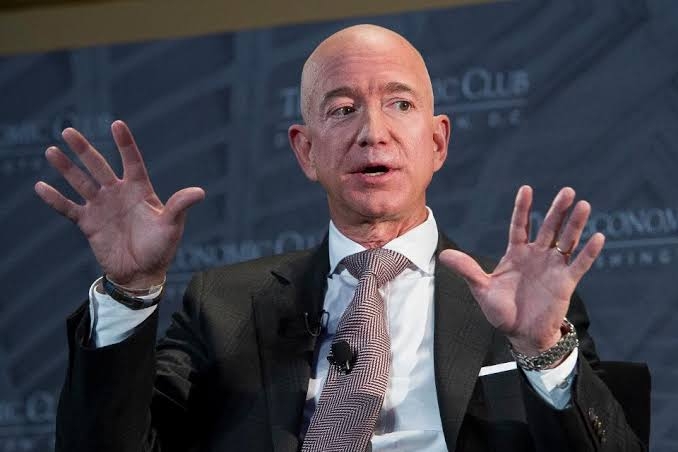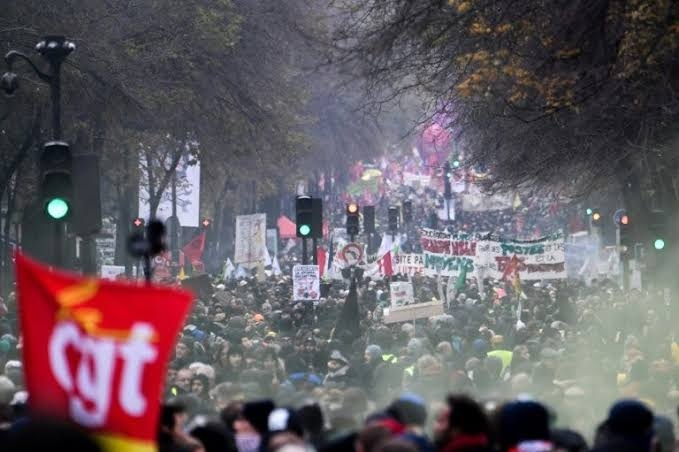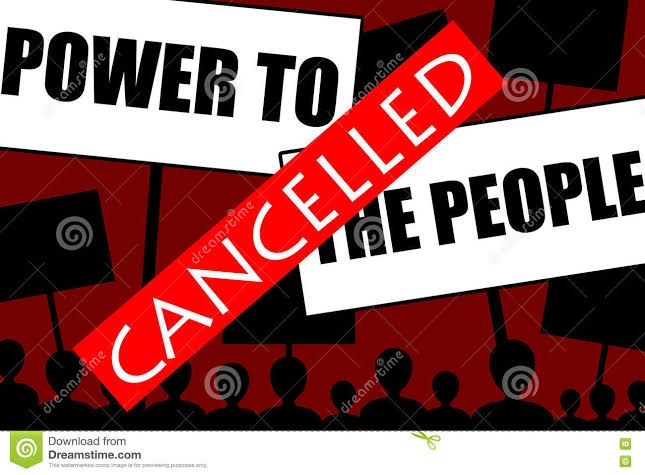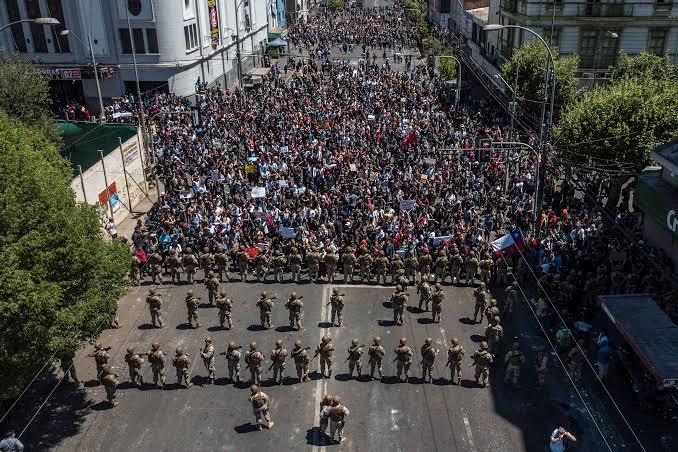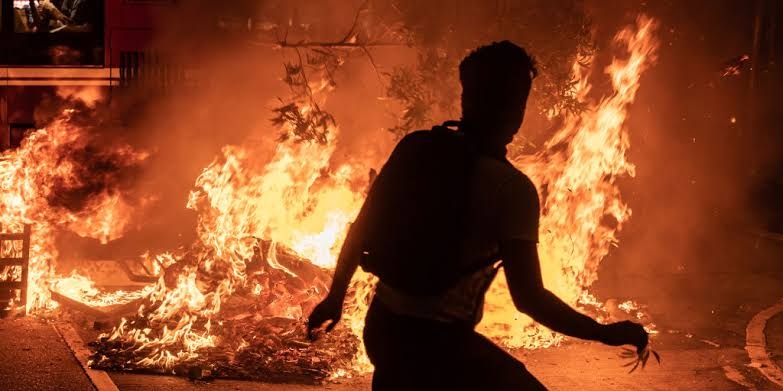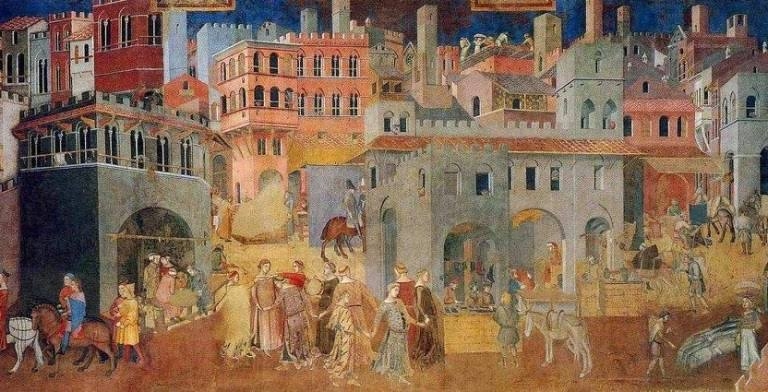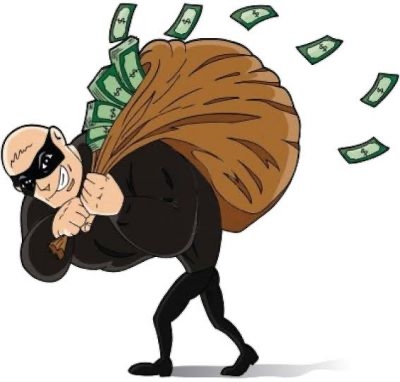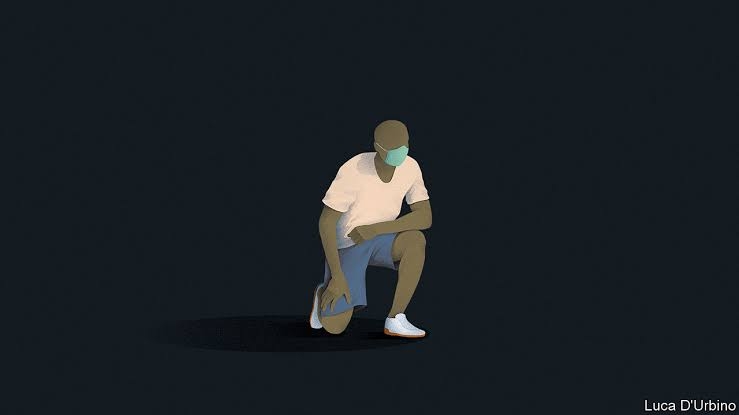Democratic freedom is shrinking in Nigeria, a global index report has stated.
The report was published by CIVICUS, a coalition of civil society groups.
According to the report, Nigeria has slipped from being an “obstructed” nation in 2018 to a “repressed” nation — the second worst rating a country can have — this year.
It is now ranked among 38 other countries in the same category, like Madagascar, India, Pakistan, Brunei, Iraq and Turkey.
The term “repressed” means that democratic freedoms such as the freedom of expression, peaceful assembly and association are significantly constrained in Nigeria, Matthew Reading-Smith, Communications Coordinator of CIVICUS, said in a statement.
The research sourced its data from 536 civic space updates from October 1, 2018 to November 11, 2019, across 196 countries.
Each country’s civic space is rated in one of five categories – open, narrowed, obstructed, repressed, or closed – based on a methodology that combines several sources of data on the freedom of association, peaceful assembly and expression, the report reads.
The report, titled People Power Under Attack 2019, attributed Nigeria’s latest ranking to government’s continuous clampdown on journalists, activists, its intolerance to dissent and opposition, and renewed drive to regulate the social media by the National Assembly.
Armed with the Cybercrime Act and Terrorism (Prevention) (Amendment) Act 2013, both federal and state authorities have incarcerated Nigerian citizens for series of ridiculous reason as “insulting the president”.
Mr Jones Abiri, a journalist who has been in and out of prison, was first held without trial for 2 years until finally granted bail in October this year on the charges of terrorism, sabotage and cybercrime.
Mr Omoyele Sowore, organiser of the #RevolutionNow protests and publisher of the online media outlet, Sahara Reporters, alongside Mr Olawale Bakare, was also arrested for planning protests to call for good governance in the country. Court orders to release him were ignored by the authorities.
Citizens who in defiance carried on with the protests were met with force by State Security Service, a security outfit directly under the presidency.
Reading-Smith said the CIVICUS Monitor is concerned about the disruption of protests and the detention of protest leaders, attacks on journalists, and the use of restrictive laws to stifle dissent and opposition.
“The Monitor is also concerned by the Nigerian government’s proposed use of restrictive legislation to muzzle opposition,” he said, adding, “The Senate is currently considering ‘The Protection from Internet Falsehood and Manipulation Bill’, which would make statements on social media which may ‘diminish public confidence’ in the government punishable by a fine and/or three year prison sentence. If passed, this law would allow the authorities to order a shutdown of internet access and social media.”
Alluding to this fear, censorship was found to be the second most common violation found in Africa, after protest disruption.
“This is reflected in places like Sudan, Guinea and Zimbabwe, where mass protests in 2019 were met with excessive use of force,” the report notes.
The report found censorship, protester’s detainment, harassment, restrictive law, intimidation to be the top five civic violations across the world. Others are attack on journalists, protest disruption, detention of journalists, use of excessive force and criminal defamation.
PT

